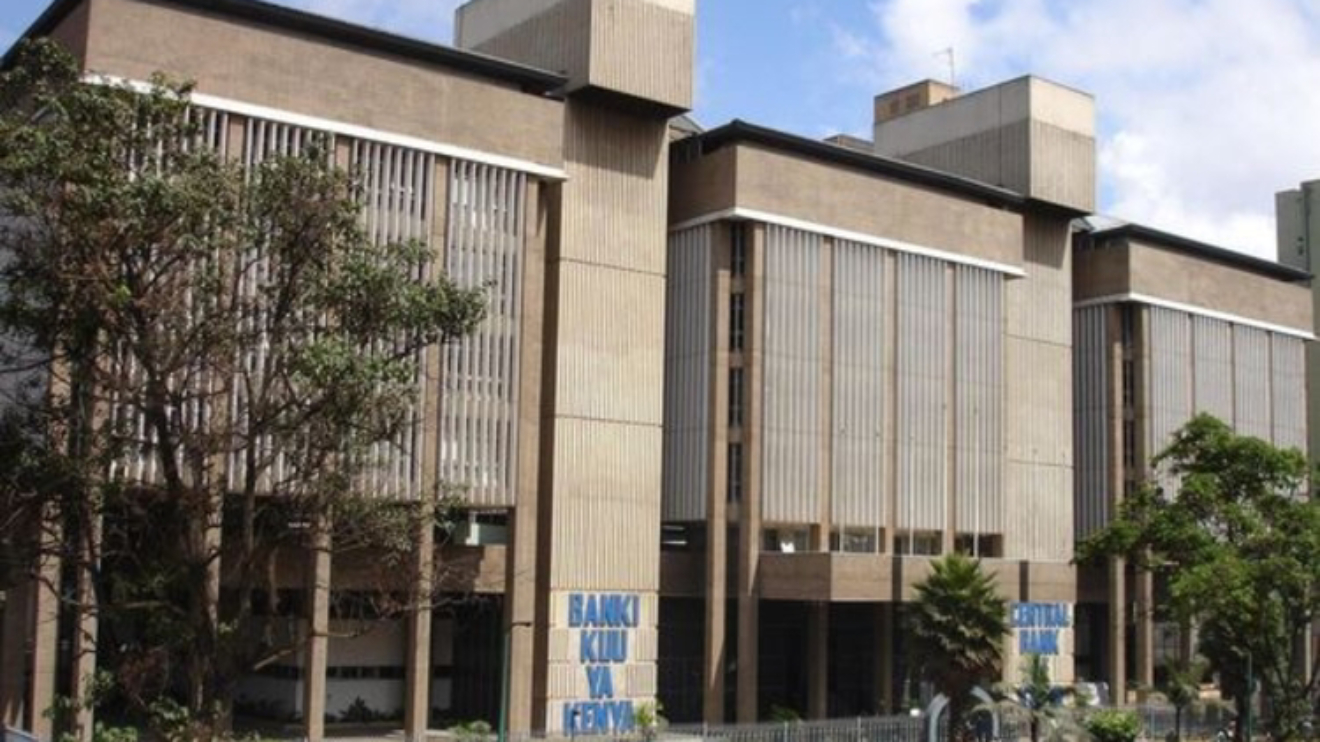When Google opened the doors to its new AI Community Centre in Accra, Ghana, the tech world took notice but for Kenyan tech advocate Roy Kanyi, it was a front-row seat to history in the making.
Invited to join a select gathering of African media and innovation leaders, Kanyi was present as the global tech firm unveiled a Sh4.9 billion ($37 million) commitment aimed squarely at catalysing Africa’s artificial intelligence landscape.
This wasn’t just another conference.
It marked a turning point in how Africa is shaping—not just catching up with—the global AI narrative.
Explaining the significance of the moment, Kanyi described the initiative as a milestone for the continent.
Read More
“What’s happening here in Accra is monumental, not just for Ghana but for Africa as a whole,” Kanyi said.
“We’re seeing a shift from talk to tangible investments in local talent, infrastructure, and solutions. It’s a pivotal moment.”
The investment, layered across research, language inclusion, entrepreneurship, and education, underscores the growing realisation that African problems require African-built technologies.
Google’s strategy reflects this shift—prioritising funding and capacity-building in areas where AI can directly address systemic challenges.
One of the centrepieces of the initiative is a Sh3.3 billion ($25 million) AI Collaborative for Food Security.
The initiative will empower African researchers and institutions to develop AI tools that improve hunger forecasting, support smallholder farmers, and strengthen crop resilience amid climate shocks.
In another move towards digital equity, Sh396 million ($3 million) has been granted to Masakhane, a research collective focused on developing open-source AI tools for over 40 African languages.
By tackling the stark underrepresentation of African languages in tech, this grant aims to widen access and bridge cultural barriers in digital spaces.
Startups were not left behind. More than 100 early-stage companies working on AI solutions in health, agriculture, and education will benefit from a catalytic fund announced at the event.
The package includes not only financial capital but also mentorship and technical support—ingredients often missing in Africa’s startup ecosystems.
Education featured heavily in Google’s blueprint. Ghanaian students will receive 100,000 fully funded scholarships through Google Career Certificates, equipping them with critical skills in areas such as Prompting Essentials, Data Analytics, Cybersecurity, and IT Support.
Meanwhile, Kenya joins Nigeria, South Africa, and Ghana in receiving part of a Sh924 million ($7 million) allocation dedicated to building AI-related curricula and expanding digital safety training.
This is expected to strengthen local knowledge pipelines and prepare a new generation of AI-capable professionals across the continent.
While tech headlines often focus on Western breakthroughs, the story unfolding in Accra suggests a rebalancing—one in which African innovators are not merely reacting to trends, but co-authoring the next chapter. And for those like Roy Kanyi, who have long pushed for homegrown tech solutions, it is not just validation, but a beginning.


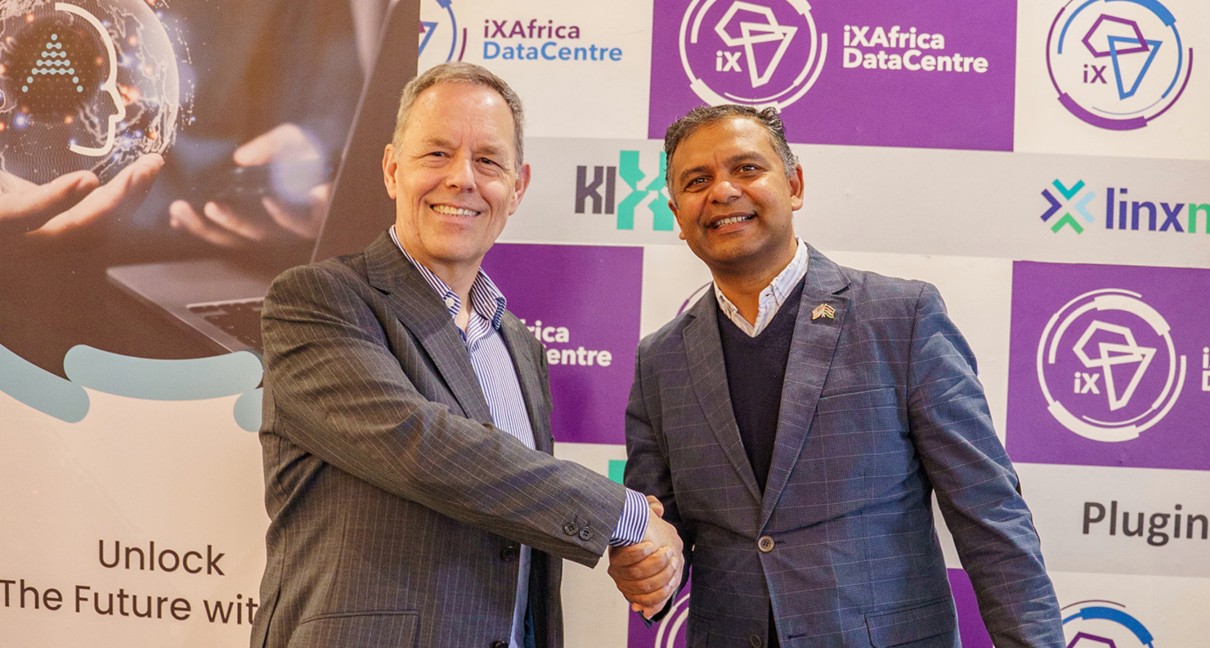

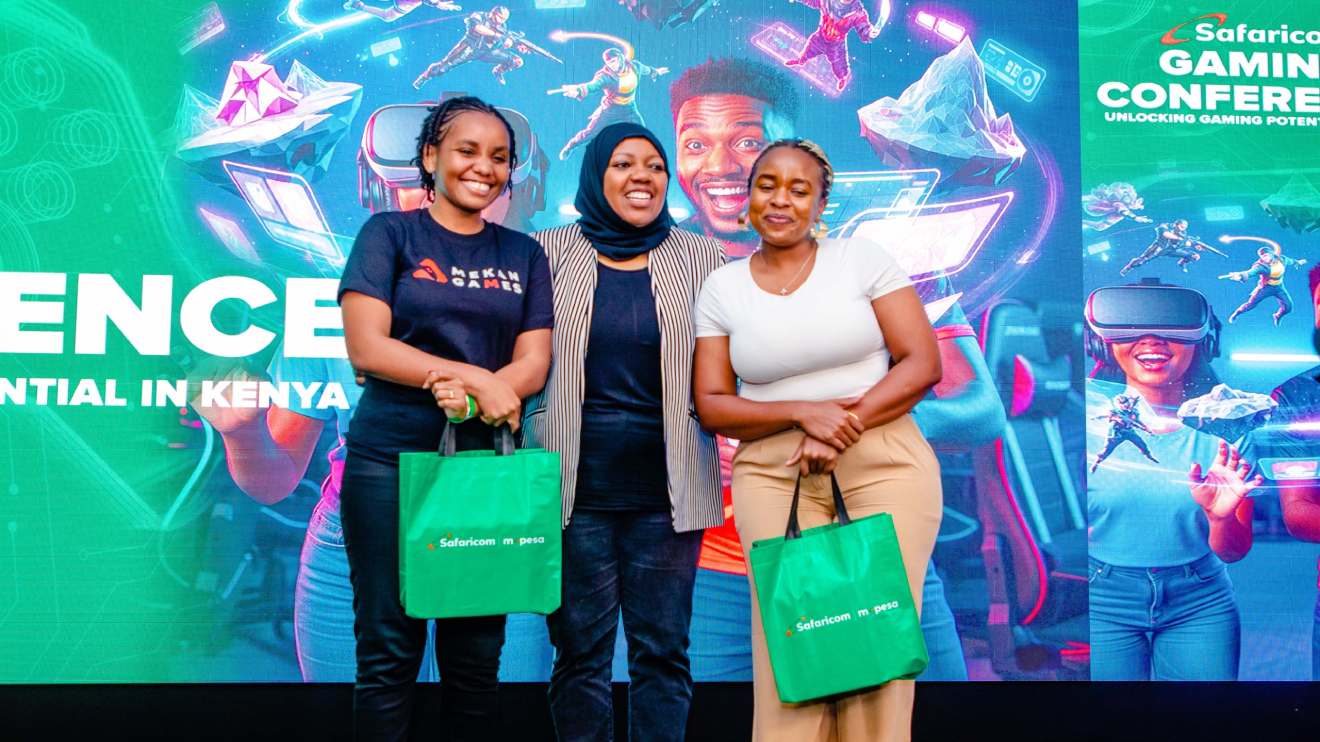
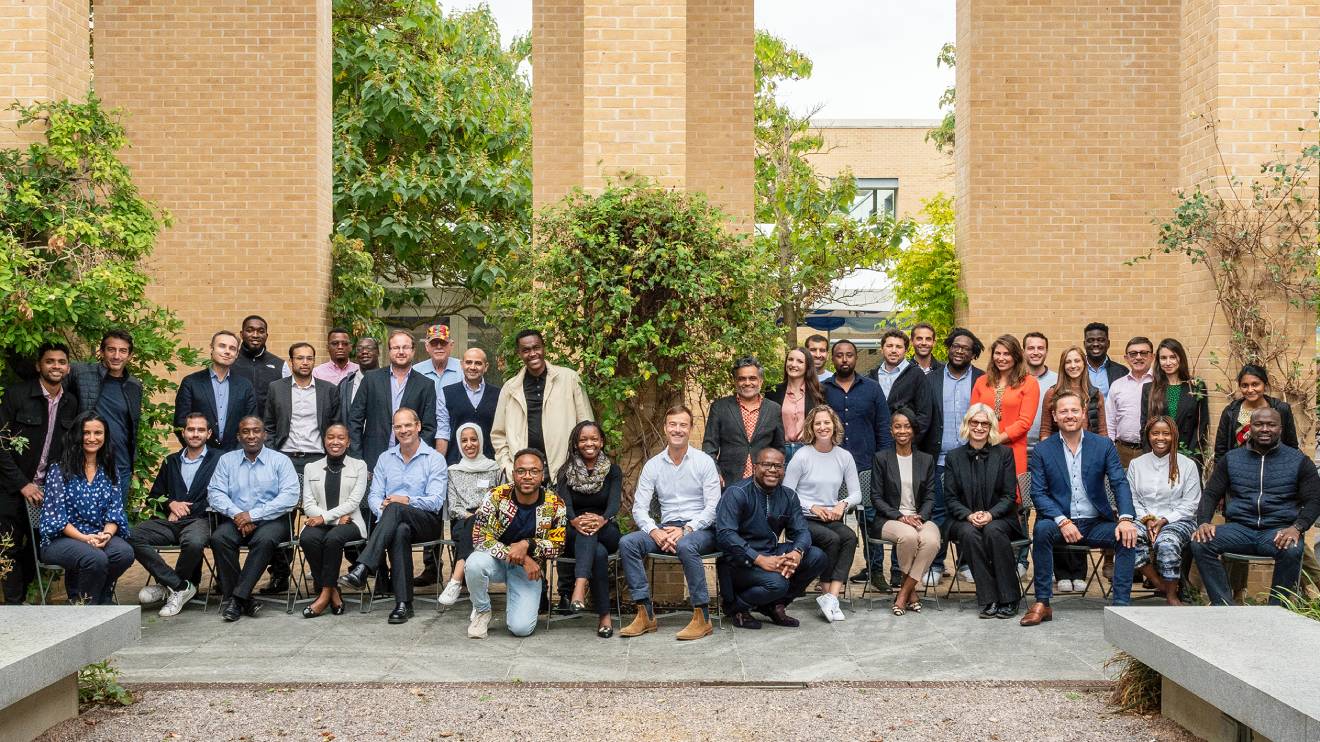

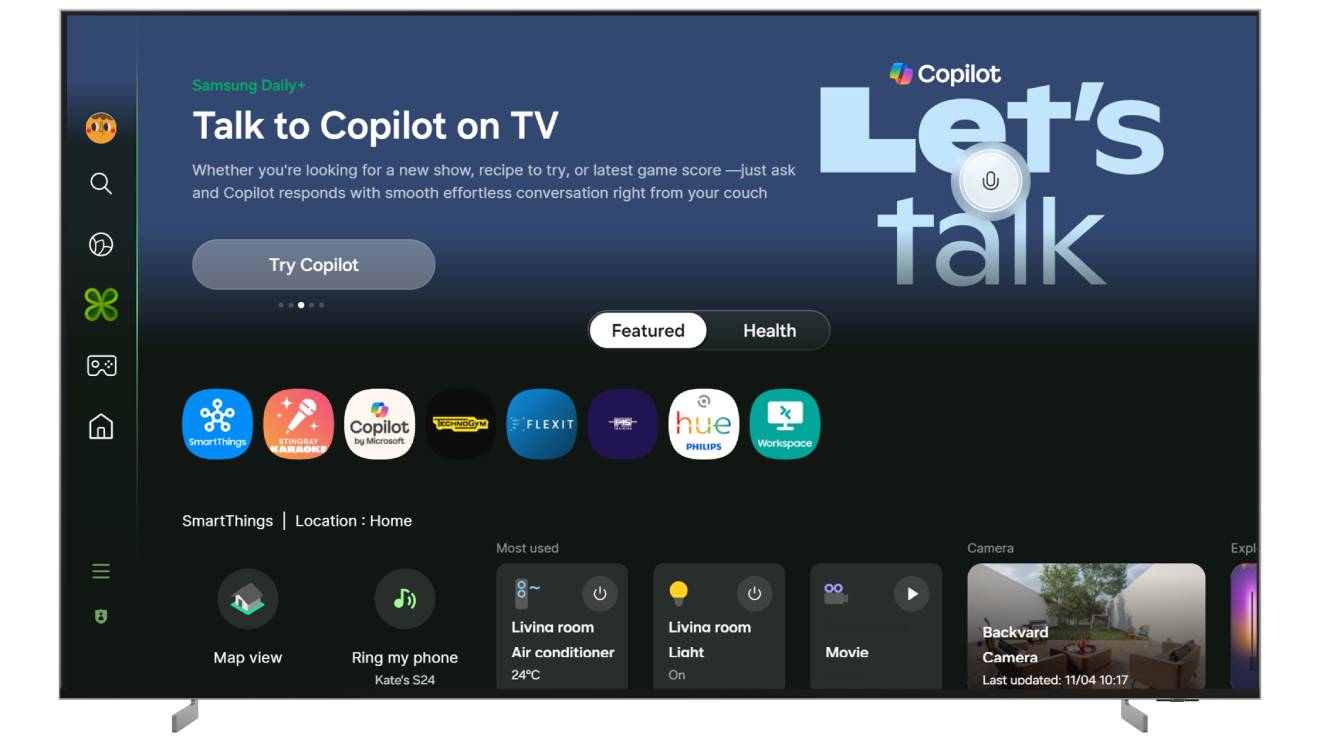
-1757457290.jpg)
